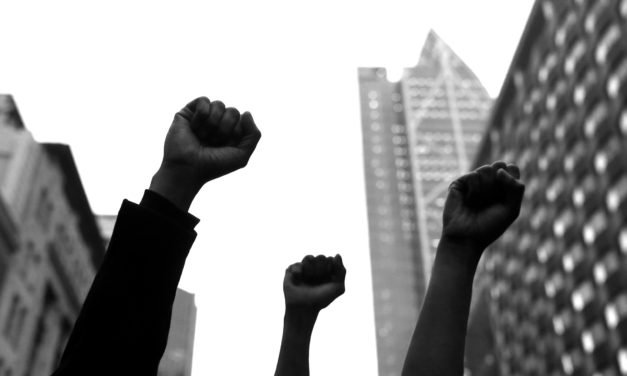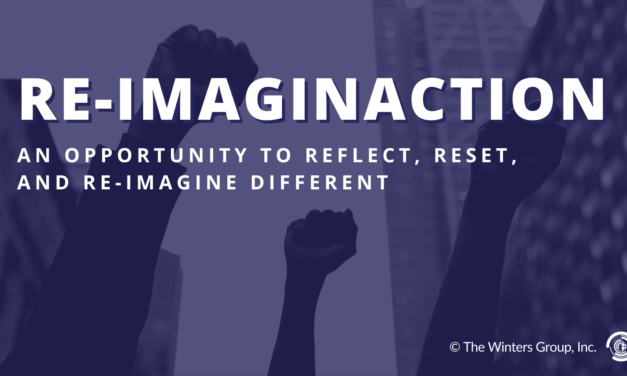Operationalizing Justice: A Call to Reimagine
Operationalizing justice absolutely requires pragmatism, practicality… AND it requires we reimagine. Operationalizing justice requires we re-evaluate what we deem “realistic” and practical. Operationalizing justice requires we push our mental model that focuses on “why things cannot happen” to an orientation that engages head, heart and hand to answer the question of “How could we make this be?” How can we be responsive to immediate needs while prioritizing strategic imperatives?
Read More


























